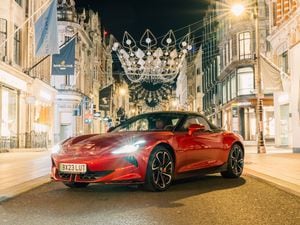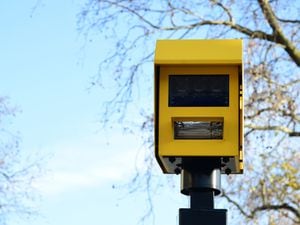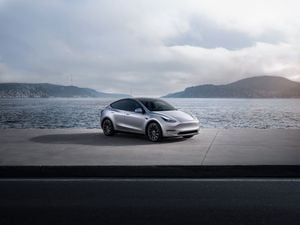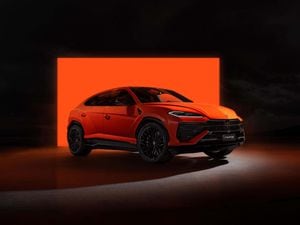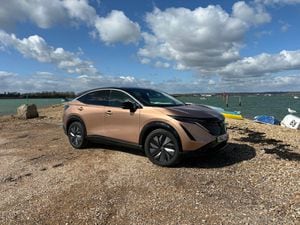Dyson to build an electric car that will launch in 2020
British firm best known for its vacuum cleaners to plough £2bn into building an electric car
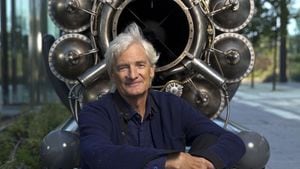
Dyson today announced it will build an electric car that will go on sale in 2020.
The vehicle will be mostly funded by the British company, which is best known for its vacuum cleaners and hand dryers, but the business has received a £16m grant from the government to develop battery technology.
The company’s owner and founder Sir James Dyson, said in an email to staff today: “I wanted you to hear it directly from me: Dyson has begun work on a battery electric vehicle, due to be launched by 2020.
“We’ve started building an exceptional team that combines top Dyson engineers with talented individuals from the automotive industry. The team is already over 400 strong and we are recruiting aggressively. I’m committed to investing £2 billion on this endeavour.
“The project will grow quickly from here but at this stage we will not release any information. Competition for new technology in the automotive industry is fierce and we must do everything we can to keep the specifics of our vehicle confidential.”
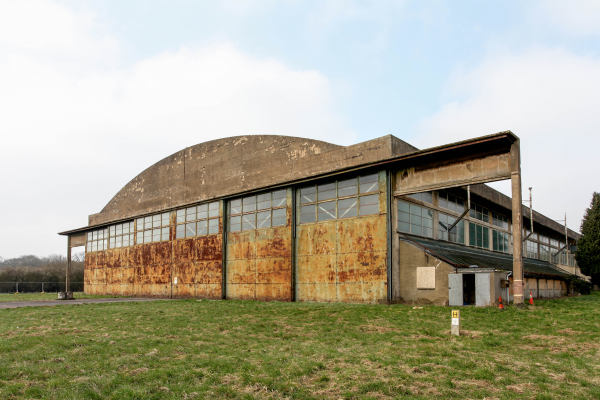
The BBC reports that half of the budget will be spent on the vehicle, with the other half spent on developing the battery.
Last year, a government document announced that funding had been provided to Dyson to develop a battery electric vehicle, but it was later amended to read: “The Government is providing a grant of up to £16m to Dyson to support research and development for battery technology at their site in Malmesbury.”
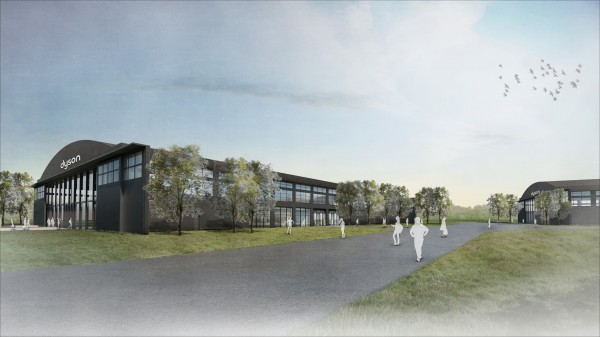
Dyson is not revealing any detailed information about the vehicle or the battery technology it is developing. However, former Aston Martin product development director Ian Minards moved to the company last year, followed last month by David Wyer, who was director of purchasing at the luxury car manufacturer. A designer is also believed to have joined from Tesla.
The vehicle will be developed at a former Second World War RAF base at Hullavington in Wiltshire, which is due to open next year. Work is said to be going on nearby.
Two weeks ago, when asked whether his firm was building an electric vehicle, 70-year-old Dyson told the BBC Radio 4 Today programme “Who knows, who knows?” before adding “Wait and see.”
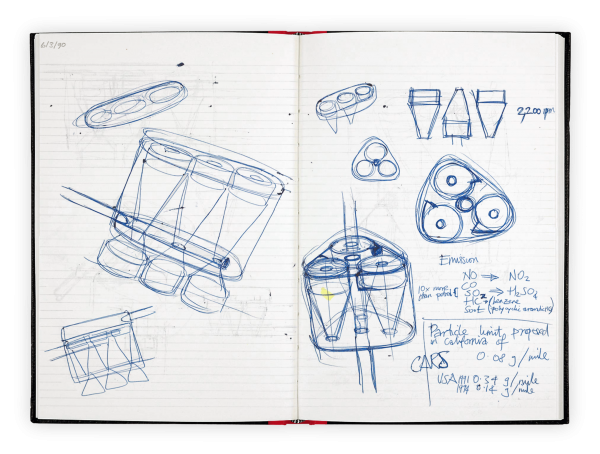
In the email to staff, Dyson said that he has been trying to tackle the problem of air pollution since reading a paper on the subject in 1988.
He said that his team developed a diesel particulate filter in the early ’90s that could be fitted to a vehicle’s exhaust system, but “nobody at the time was interested… so we stopped the project”.

